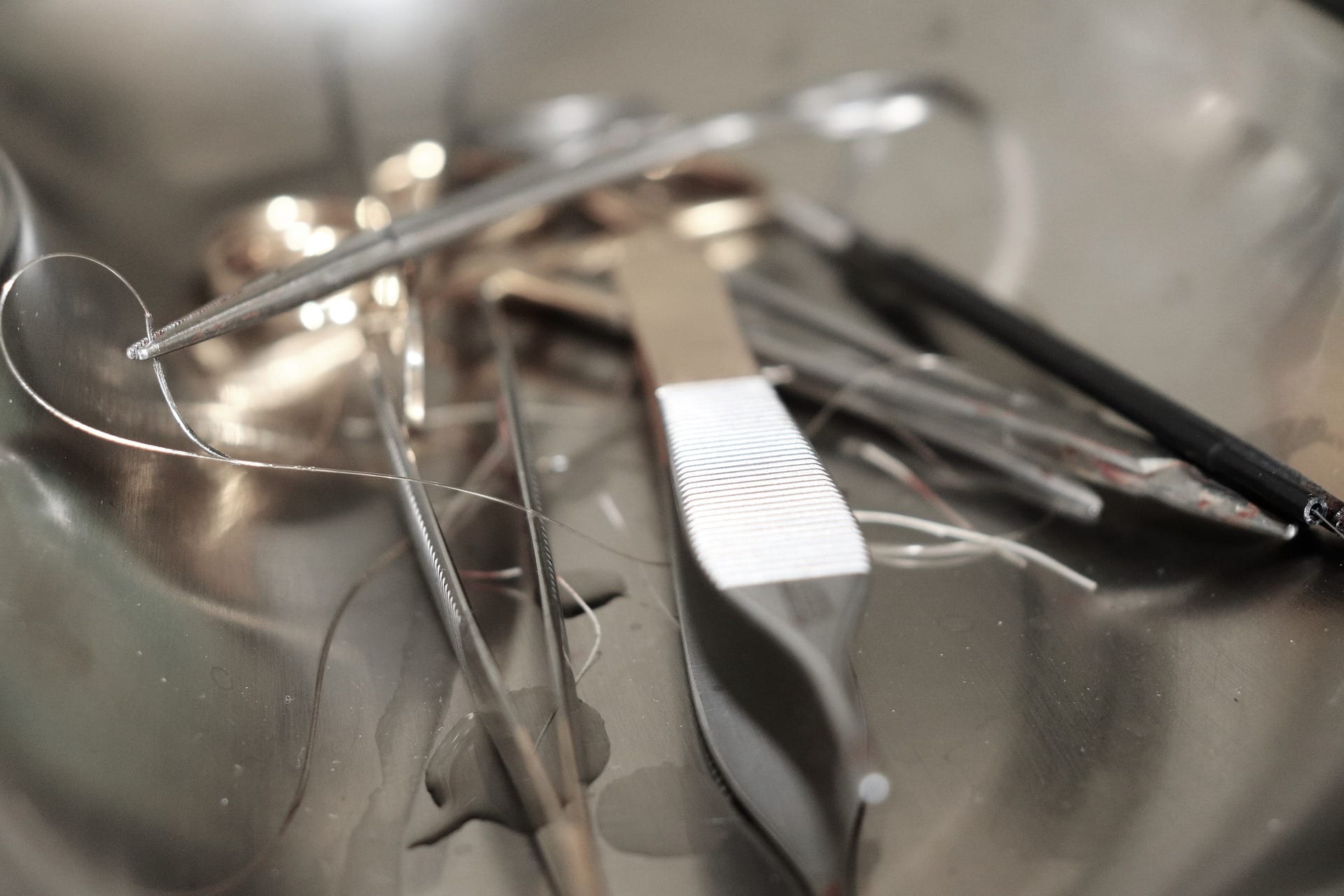Fresh Calls for Public Inquiry in to the use of Surgical Mesh Following IMMDS Report
A report from the Independent Medicines and Medical Devices (IMMDS) Review has led to renewed calls for a full public inquiry in to the use of surgical mesh. The controversy around the use of surgical mesh first arose in 2018 after women who had the procedure started to report complications including chronic pain, infections, reduced mobility, bowel issues, autoimmune issues, sexual issues, and psychological upset.
Claims for compensation were made against Johnston and Johnston, the American company who manufacture surgical mesh, and against the NHS. Surgical mesh has been used for many years for the treatment of Pelvic Organ Prolapse and Stress Urinary Incontinence. Data collected by the IMMDS highlights a sharp rise in the use of surgical mesh from approximately 2007 until 2018. The use of mesh only started to decrease following negative publicity in 2018.
This raises questions as to whether surgical mesh was used disproportionately and without proper consideration of the risks associated with the use of surgical mesh. In 2015 The European Union Scientific Committee on Emerging and Newly Identified Health Risks reported that ‘transvaginal POP repair (with surgical mesh) should only be considered in complex cases where non mesh repair has failed.’ Despite this advice it appears that the use of surgical mesh has been systematically implemented as common practice across the UK. This is based on consultations with hundreds of women who have experienced adverse effects with surgical mesh. Many report that they were not given alternative options or warned of the risks of surgical mesh.
There seems to have been a general consensus in the past that mesh complications arose rarely. Tragically, we now know that this is not true and hundreds of women have sustained life changing injuries unnecessarily as a result of systematic failings to identify the risks associated with surgical mesh and take appropriate action to address these risks.
IMMDS Recommendations
The IMMDS report is the culmination of a 2-year review and its findings underline the failings of the Government to identify problems with the use of surgical mesh and to properly investigate its use. The IMMDS have recommended that the Government apologise to victims and appoint and that an independent patient safety officer be appointed to mitigate the risk of similar failings in future. The IMMDS have also stressed the need for medical professionals to ensure that informed consent is obtained from patients.
They state that the ‘information should be conveyed to patients in a way that is clear and meaningful.’ Increased training on establishing informed consent and the creation of a clearly defined complaints procedure for patients have also been recommended. While the IMMDS report helpfully outlines the key issues in relation to surgical mesh and the repercussions for victims, we believe it does not go far enough and that a full public inquiry is needed to fully address these issues and ensure that victims are heard.
The Function of a Public Inquiry
The function of a public inquiry is effectively to establish what happened and what can be changed to prevent it happening again. Under s1 (1) of the Inquiries Act 2005 a Minister can call for an inquiry when it appears that:
Particular events have caused, or are capable of causing, public concern.
There is a public concern that particular events may have occurred.
It is clear that the issues surrounding surgical mesh are of public concern and that these issues are sufficiently serious to merit a full public inquiry. The issues at the heart of the surgical mesh controversy relate not only to the treatment of victims but also to a failure by the State to identify and remedy these issues at an early stage. Most importantly, a public inquiry would allow us to hear the stories of victims and ensure that appropriate action is taken to prevent something like this happening again.

